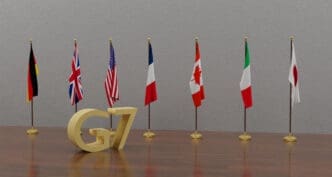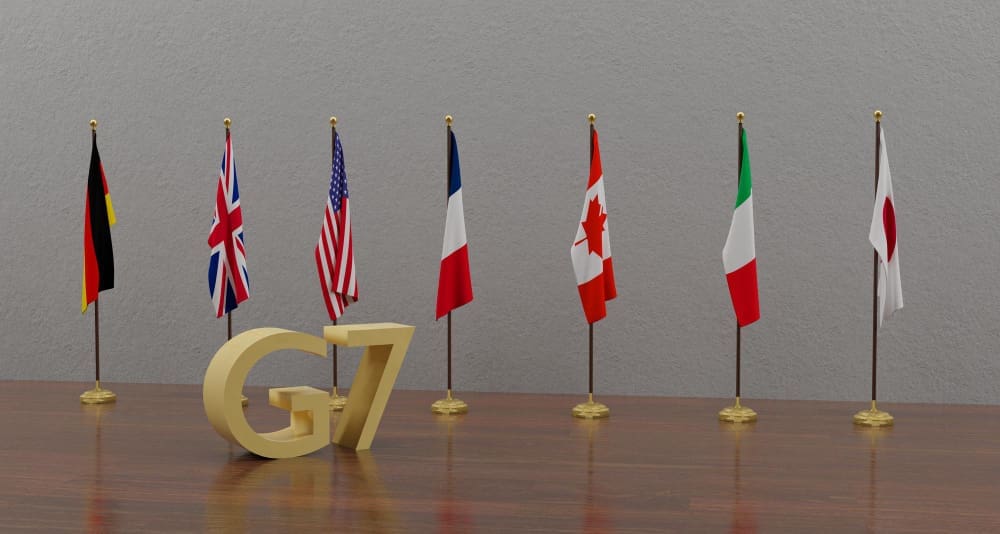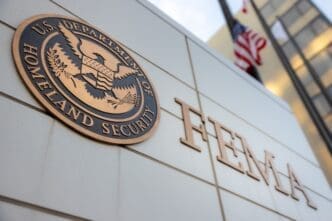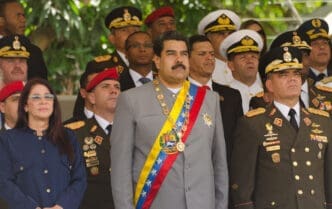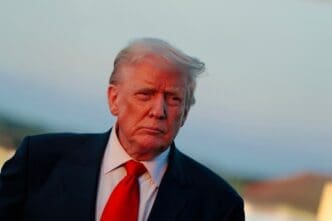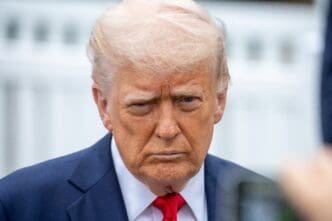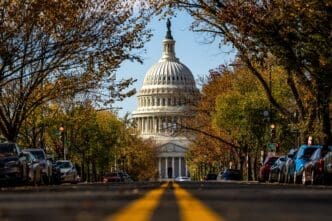Calgary, Canada – The G7 summit is set to commence in Canada’s Rocky Mountains amidst significant global tensions, particularly involving trade disputes led by President Donald Trump and escalating conflicts in the Middle East. This year’s summit, beginning Monday, seeks to mitigate potential diplomatic flare-ups as world leaders gather to address pressing international issues.
Historically, G7 meetings have been a platform for fostering collaboration among the world’s largest economies. However, this year’s summit is overshadowed by President Trump’s imposition of severe tariffs on several countries, a move that experts warn could trigger a global economic slowdown. Compounding these tensions are unresolved conflicts in Ukraine and Gaza, alongside a growing crisis involving Israel and Iran over Tehran’s nuclear ambitions.
Beyond these immediate geopolitical concerns, the summit will tackle broader challenges including climate change, migration, drug trafficking, technological advancements like artificial intelligence, and China’s dominance in global manufacturing and supply chains. The leaders of Japan, France, the United Kingdom, Italy, Germany, and Canada, alongside President Trump, have a packed agenda as they navigate these complex issues.
Despite the critical nature of these discussions, the White House has been notably reticent about its specific objectives for the meeting. The absence of a planned joint statement from the G7 underscores the Trump administration’s stance that reaching a consensus is not imperative if it contradicts U.S. policy goals, such as heightened tariffs and increased fossil fuel production. Caitlin Welsh, a director at the Center for Strategic and International Studies, suggests that the administration values no deal over a compromise perceived as unfavorable.
Meanwhile, on the domestic front, President Trump has directed federal immigration officials to focus deportation efforts on Democratic-run cities, following widespread protests against his immigration policies. This directive further intensifies the national discourse on immigration, amid already turbulent political dynamics.
In another development, French President Emmanuel Macron has issued a stern warning that Greenland, a region of strategic interest, is not available for sale or acquisition, an implicit rebuke to President Trump’s previous expressions of interest in the territory.
As the summit unfolds, world leaders and observers alike remain vigilant, anticipating how these discussions will influence both international relations and domestic policies across the participating nations.

